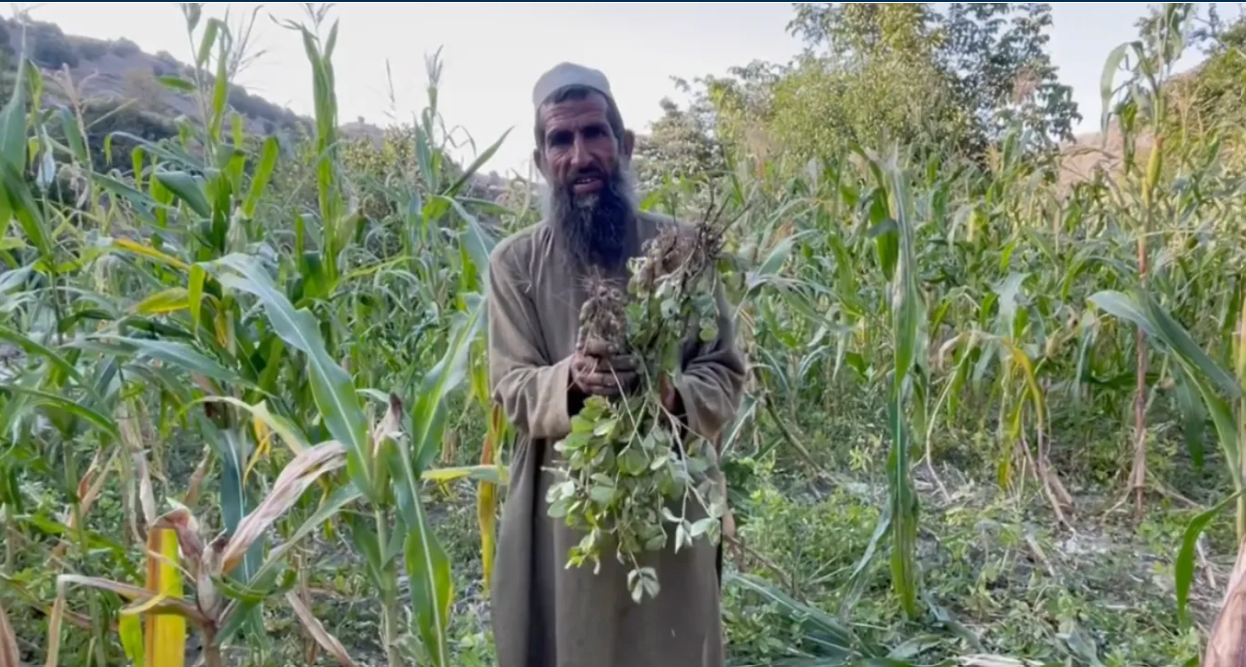
Constructing Infrastructure to Support Agriculture in Remote Areas
ECOFA emphasizes the construction of critical infrastructure like check dams, reservoirs, and large-scale dams to address water management challenges. Beyond storing surface water, these structures help recharge groundwater, prevent soil erosion, and ensure a steady water supply for irrigation, bolstering agricultural productivity in remote regions.
Strengthening and Developing Sustainable Irrigation and Agriculture
Recognizing the environmental impact of traditional agricultural methods, ECOFA promotes sustainable practices to optimize water use. These include advanced techniques such as drip irrigation, irrigation scheduling, and water capturing. ECOFA also advocates drought-resistant crops, conservation tillage, rotational grazing, and organic farming, ensuring the sustainability and efficiency of agriculture while preserving water resources.
Environmental Improvement and Conservation
ECOFA prioritizes environmental conservation as a crucial measure to combat climate change and global warming. Its strategies include:
Sustainable Resource Use: Advocating for the efficient use of non-renewable natural resources.
Reforestation and Deforestation Control: Promoting afforestation while curbing deforestation to restore ecological balance.
Recycling and Waste Management: Encouraging recycling initiatives and adopting effective waste management techniques.
Pollution Control: Implementing measures to minimize air, water, and soil pollution.
Protecting Biodiversity: Taking steps to safeguard endangered species and their habitats.
Fire Prevention: Strengthening efforts to protect forests from fire and preserve forest ecosystems.
Through these initiatives, ECOFA actively fosters a more resilient and environmentally conscious society.